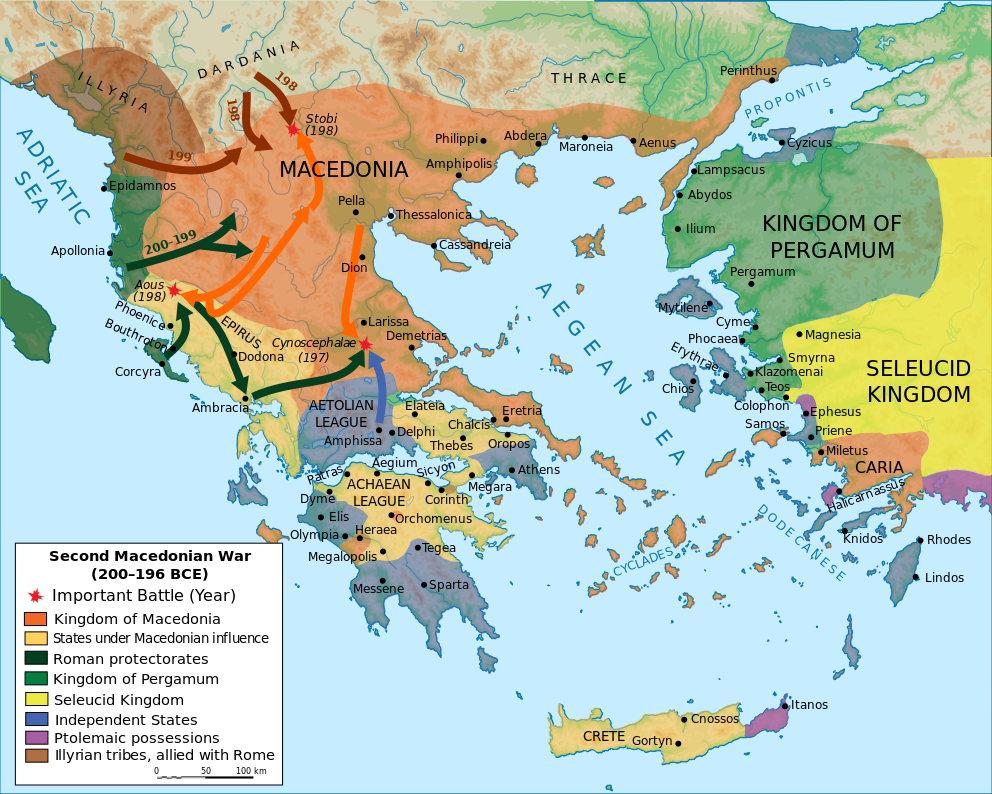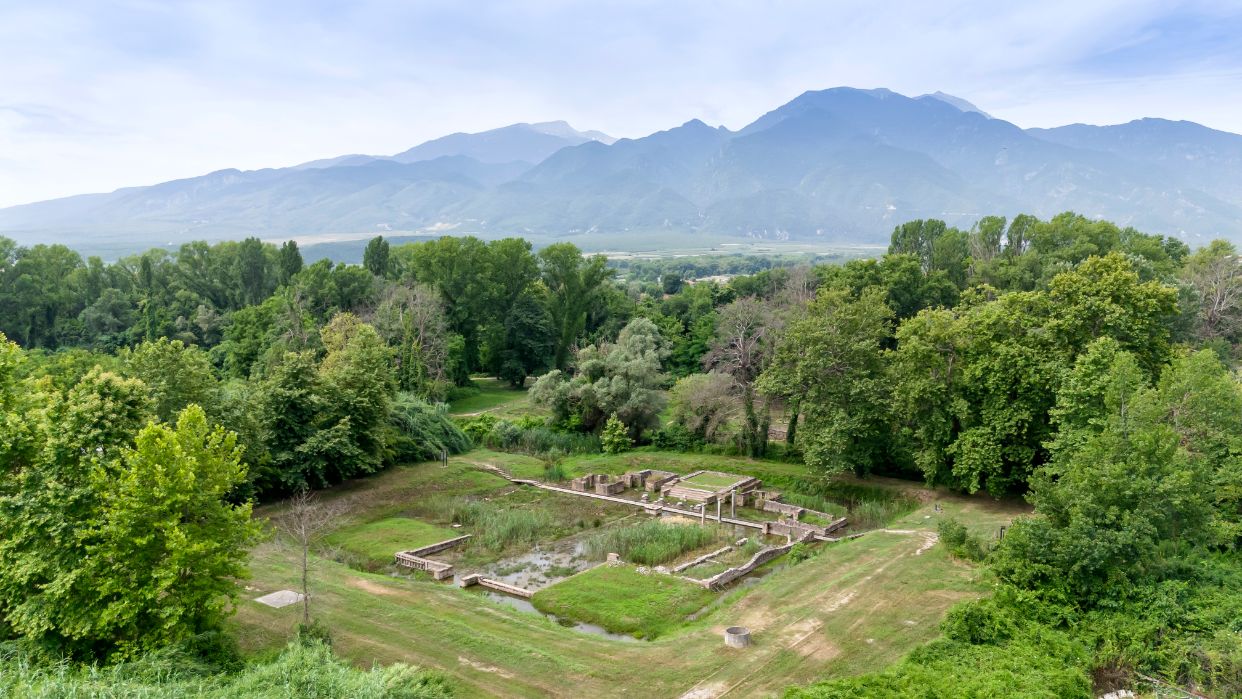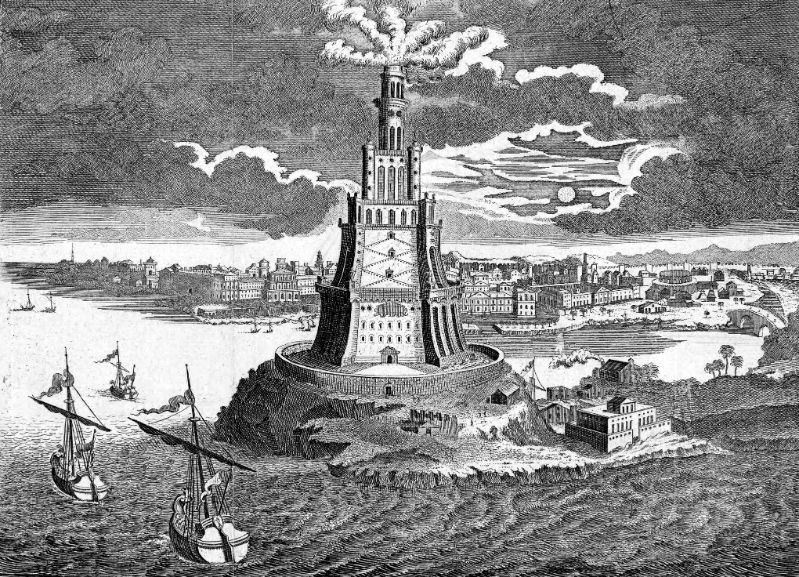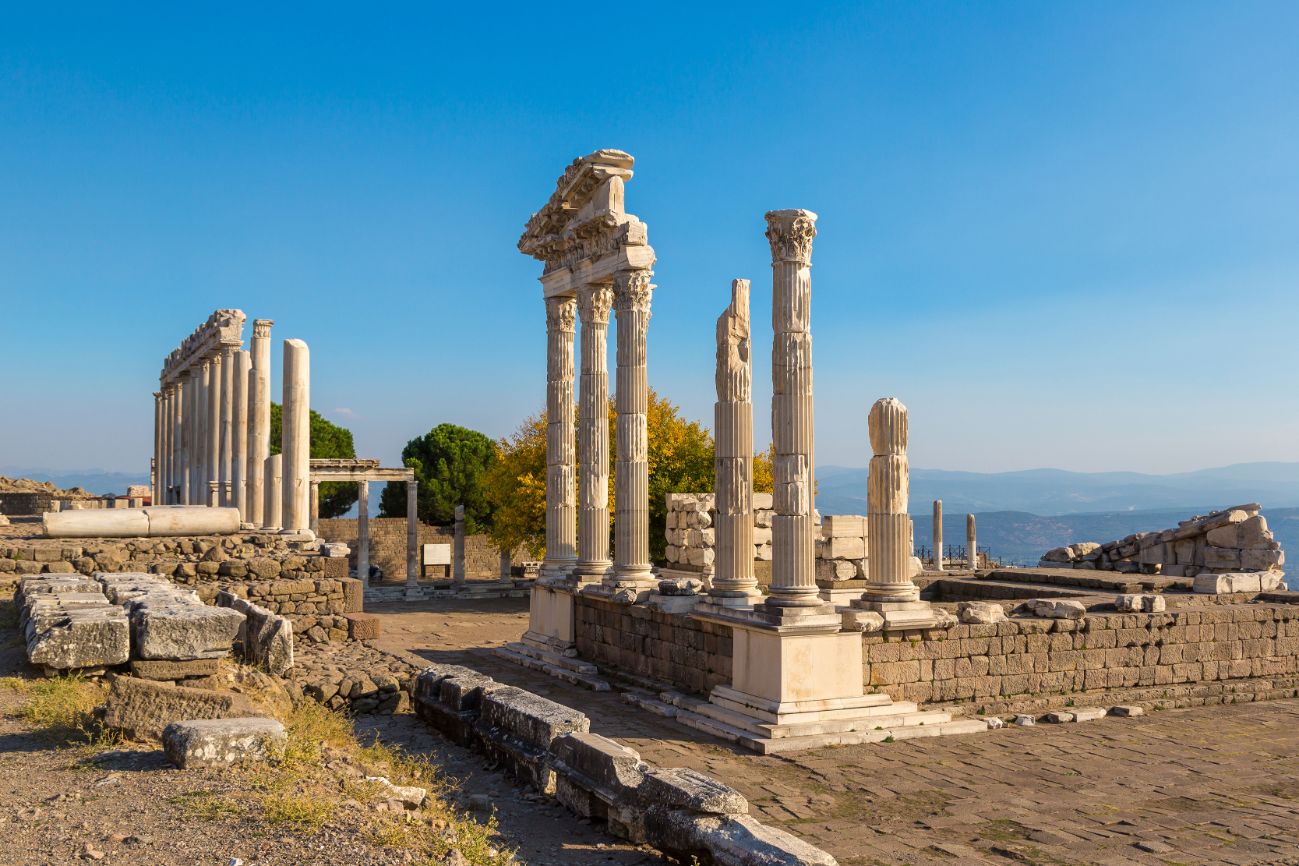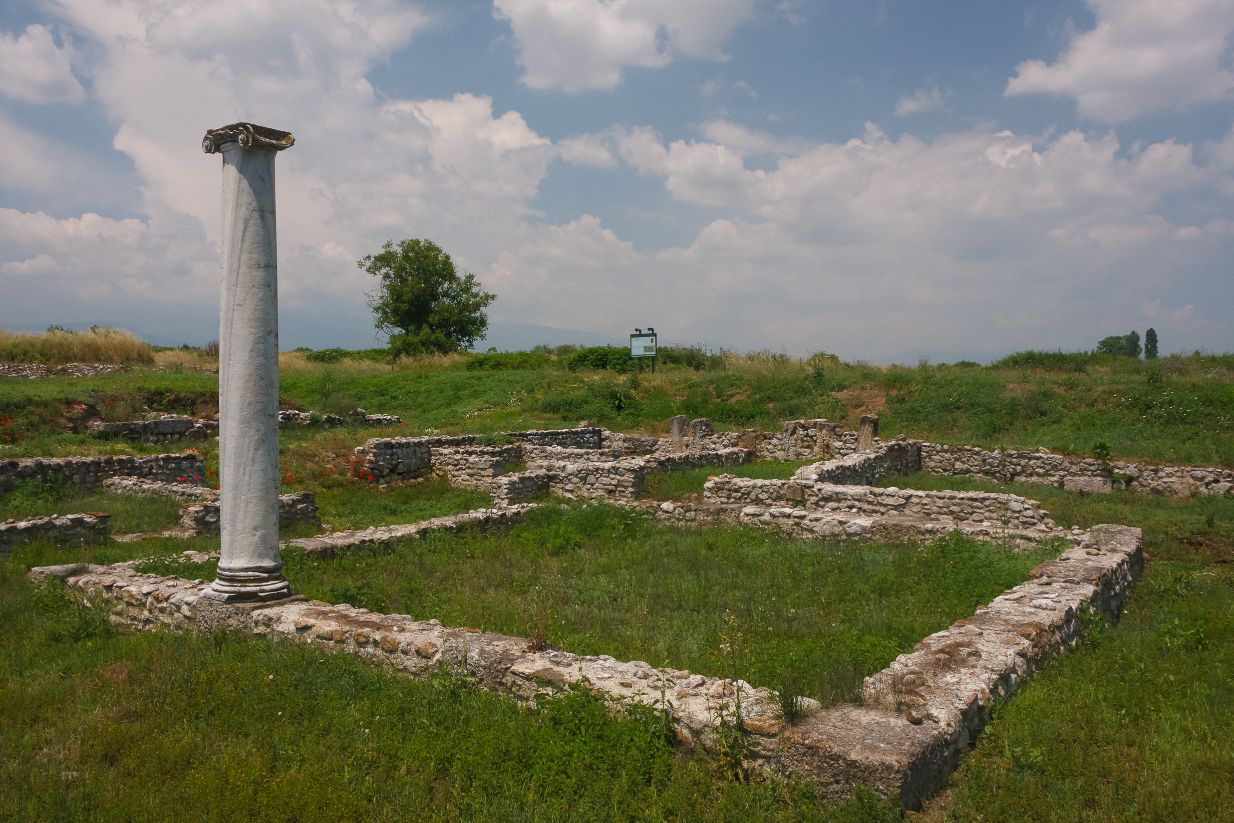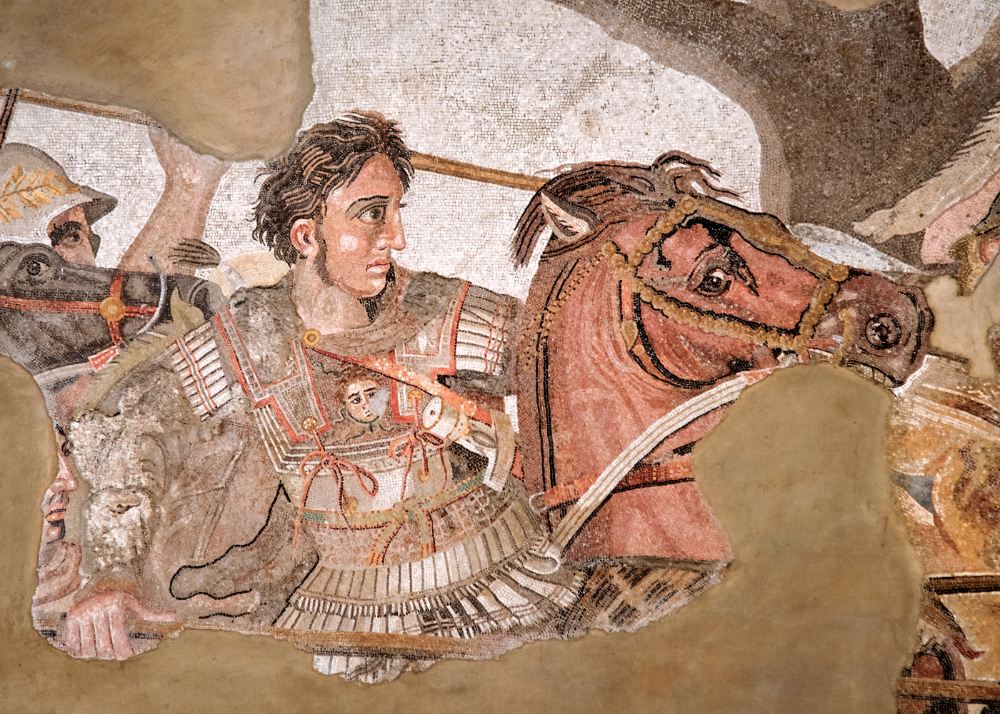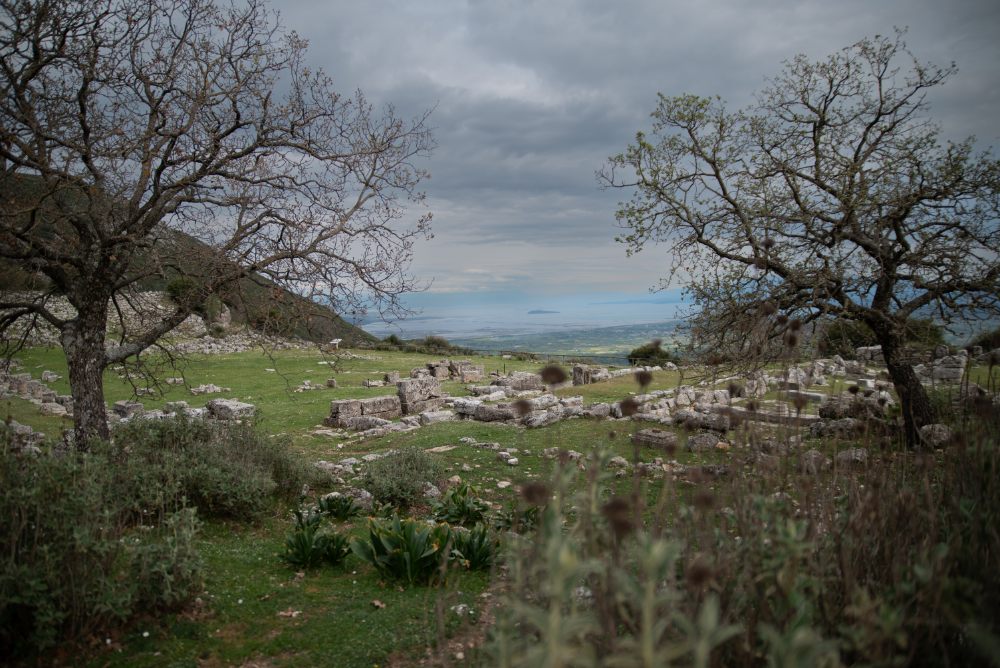The Final Blow and the Legacy of Macedonia’s Last Dynasty
One of the most ambitious rulers of the Antigonid line was Philip V (reigned 221–179 BC), a king who sought to restore Macedonian dominance in the Aegean and western Asia. Charismatic and energetic, Philip engaged in both military campaigns and diplomatic maneuvers. However, his expansionist policies led to conflict with the Roman Republic, which had begun extending its influence into the eastern Mediterranean.
The Roman Challenge
Philip’s involvement in the First and Second Macedonian Wars put him in direct opposition to Rome. Although the First War (214–205 BC) ended inconclusively, the Second (200–197 BC) resulted in a clear Roman victory. Philip was forced to retreat from most of his overseas possessions and submit to Roman oversight.
Philip’s son, Perseus, inherited both the throne and the simmering hostility with Rome. Determined to restore Macedonia’s independence, Perseus built alliances and prepared for war. But in 168 BC, at the Battle of Pydna, the Macedonian phalanx—once the terror of the ancient world—was decisively crushed by the more adaptable Roman legions.
End of the Dynasty
With Perseus’s defeat, the Antigonid dynasty came to an end. Rome dismantled the monarchy, divided Macedonia into four client republics, and eventually annexed the entire region as a Roman province. The fall of the Antigonids marked the final chapter of independent Macedonian rule and symbolized the broader decline of Greek autonomy in the face of Roman expansion.
Cultural and Historical Legacy
Despite their eventual downfall, the Antigonids played a vital role in shaping the political and cultural landscape of post-Alexandrian Greece. They sustained Macedonian identity, invested in the arts and architecture, and acted as a cultural bridge between the classical Greek world and the emerging power of Rome.
Their reign captured the essence of the Hellenistic era—an age of transition, blending Greek traditions with new influences, and witnessing the shift from local kingdoms to imperial dominance. Today, the Antigonids are remembered not only for their military efforts but also for their part in the final act of classical Greek history.
Their fall did not erase their legacy. Instead, it marked a transformation—where the torch of power passed from Alexander’s heirs to a new world order: the Roman Mediterranean.
Map by user Gabagool. Source: Wikimedia Commons.

